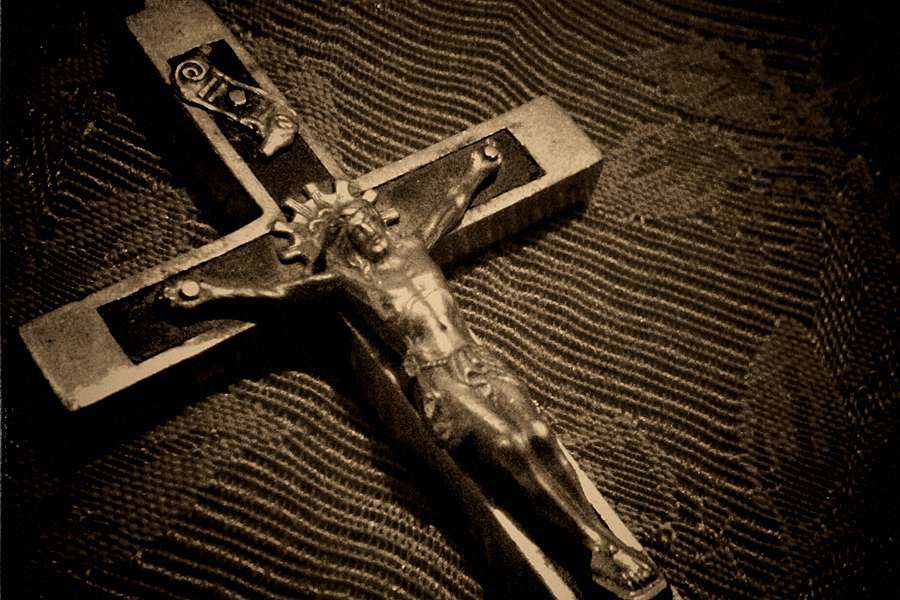A paramilitary hate group is behind threats that forced four Catholic families to flee their homes in Northern Ireland, authorities have determined. The Police Service of Northern Ireland (PSNI), which warned the families of the threats last week, announced this week that the threats have been linked to the Ulster Volunteer Force (UVF), a loyalist paramilitary group that claims to have links to a historically anti-Catholic group from the early 20th century with the same name.
The families were forced to flee a social housing project in east Belfast that had goals of unifying the community. “What an irony that is,” Chief Constable George Hamilton told the Belfast Telegraph.
Hamilton said the threats came from people “purporting to be of east Belfast UVF,” but "(w)hether or not that is an organisational position we do not know because it is a chaotic disorganised crime group - that is how I would describe east Belfast UVF," he added. UVF flags that were being flown in the neighborhood were also removed on Thursday as a “gesture of goodwill”, according to an organization that claims to mediate negotiations between the UVF and authorities, the BBC reported.
One resident who was forced to flee his home told the BBC anonymously last week that he was shocked by the threats, because everyone in the neighborhood had seemed peaceful and friendly. "We've been living there for just over a year and never had a problem - talked away to the neighbors, everyone was really nice - then this just came out of nowhere," he said.
The resident and his family - including his children and his pregnant partner - now have to find new housing.
Political leaders crossed party lines in Northern Ireland to condemn the threats in a joint statement on Monday, and promised support to the appropriate authorities and agencies to rehouse the families if they felt unsafe returning to their previous homes.
Religious disputes have long been part of the history of Northern Ireland, which is predominantly Protestant and a part of the United Kingdom, while the majority-Catholic Republic of Ireland gained its independence in 1916. The region has had ongoing religiously and politically based conflicts, most notably “the Troubles”, which included violent clashes that lasted from the late ‘60s until 1998, when the Good Friday Agreement was struck.
Hamilton said in a press conference that the UVF has “no legitimacy, they are a scourge on the community. People are giving us information out of fear and won't translate into a written statement so that we can go into court and give evidence against these people.” “We are 20 years after the Good Friday Agreement and I just wish the UVF wouldn't be there anymore.”
The Catholic Church has long supported work toward peace and reconciliation in Ireland. On Sept. 29, 1979, Pope St. John Paul II celebrated Mass in Ireland, close to its border with the United Kingdom, calling for peace. “Further violence in Ireland will only drag down to ruin the land you claim to love and the values you claim to cherish,” he said. “On my knees I beg you to turn away from the paths of violence and to return to the ways of peace,” the Pope pled.

